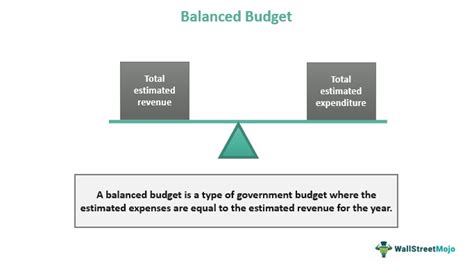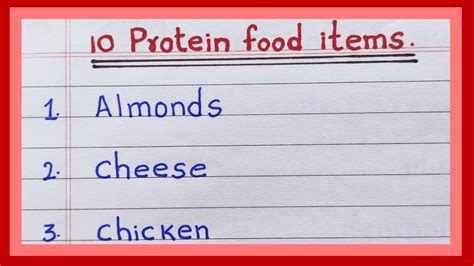Optimal protein intake for lean muscle, sustained energy, and peak male performance?

The Protein Imperative for Modern Men
For men striving to optimize their physical and mental capabilities, protein isn’t just another nutrient; it’s a cornerstone of health and performance. From sculpting a lean physique to powering through demanding workdays and intense workouts, adequate protein intake plays a pivotal role. But what constitutes ‘optimal’ protein intake, and how can men leverage it for maximum benefit in muscle gain, energy stability, and overall peak performance?
Building Lean Muscle: More Than Just Bulking
Protein is fundamental for muscle protein synthesis (MPS), the process by which your body repairs damaged muscle fibers and builds new ones. For men aiming for lean muscle mass, consuming sufficient protein is non-negotiable. Research consistently shows that higher protein intake, particularly when combined with resistance training, leads to greater muscle gain and strength improvements. It also helps preserve muscle mass during caloric restriction, which is crucial for maintaining a healthy metabolism and body composition.
Beyond quantity, the quality of protein matters. Complete proteins, found in animal products like meat, fish, eggs, and dairy, contain all nine essential amino acids necessary for MPS. Plant-based proteins can also provide a complete amino acid profile when consumed in varied combinations.

Sustained Energy Throughout Your Day
While carbohydrates are often touted as the primary energy source, protein plays a significant role in sustained energy levels. Unlike simple carbs that can cause rapid blood sugar spikes and subsequent crashes, protein is digested more slowly, leading to a more gradual and stable release of glucose into the bloodstream. This helps prevent energy slumps, keeping you feeling fuller and more focused throughout the day.
Moreover, protein supports the production of enzymes and hormones vital for metabolic processes, further contributing to efficient energy utilization. A protein-rich breakfast, for instance, can set the stage for sustained energy and better concentration for hours.
Fueling Peak Performance: Physical & Cognitive
Peak performance isn’t just about big muscles; it encompasses robust recovery, hormonal balance, and sharp cognitive function. Protein provides the building blocks for hormones, antibodies, and neurotransmitters, all critical for optimal bodily functions. For active men, protein aids in rapid recovery from exercise, reducing muscle soreness and preparing the body for subsequent challenges.
Adequate protein intake has also been linked to better sleep quality and improved cognitive function, including memory and focus. By supporting overall physiological health, protein indirectly contributes to higher levels of both physical endurance and mental acuity, allowing men to perform at their best across all aspects of life.

How Much Protein Do You Really Need?
General dietary guidelines suggest around 0.8 grams of protein per kilogram of body weight for sedentary adults. However, for men actively seeking lean muscle, sustained energy, and peak performance, this recommendation often falls short. A more appropriate range typically lies between 1.6 to 2.2 grams of protein per kilogram of body weight (or 0.7 to 1.0 grams per pound of body weight).
- For muscle gain/retention: Aim for the higher end, especially when in a caloric deficit.
- For active individuals: Even without specific muscle-building goals, increased activity demands more protein for repair and recovery.
- Age considerations: Older men may benefit from slightly higher protein intake to combat sarcopenia (age-related muscle loss).
It’s important to distribute your protein intake throughout the day, rather than consuming it all in one or two large meals. Aim for 20-40 grams of protein per meal, spread across 3-5 meals and snacks, to optimize muscle protein synthesis.

Best Sources of High-Quality Protein
Prioritizing whole, unprocessed sources is key. Here are some excellent options:
- Animal Sources: Lean beef, chicken breast, turkey, fish (salmon, tuna), eggs, Greek yogurt, cottage cheese. These are complete proteins and highly bioavailable.
- Plant-Based Sources: Lentils, chickpeas, black beans, quinoa, tofu, tempeh, edamame, nuts, seeds, and plant-based protein powders (pea, rice, soy). Combining different plant proteins throughout the day ensures a complete amino acid profile.

Timing and Distribution: Maximizing Benefits
While the total daily intake is paramount, how you time your protein can offer additional advantages. Consuming protein around your workouts (both before and after) can enhance recovery and muscle growth. A protein-rich meal before bed can also support overnight muscle repair.
Moreover, including protein with every meal helps manage appetite and maintains stable blood sugar levels, contributing to consistent energy and preventing overeating.
Conclusion: A Tailored Approach to Protein Mastery
Optimal protein intake for lean muscle, sustained energy, and peak male performance isn’t a one-size-fits-all formula, but rather a personalized strategy built on evidence-based principles. By prioritizing high-quality protein sources, consuming adequate amounts based on your activity level and goals, and distributing intake effectively throughout the day, men can unlock their full potential. Consult with a nutritionist or healthcare professional to tailor these guidelines to your specific needs and embark on a journey towards a stronger, more energized, and higher-performing self.










